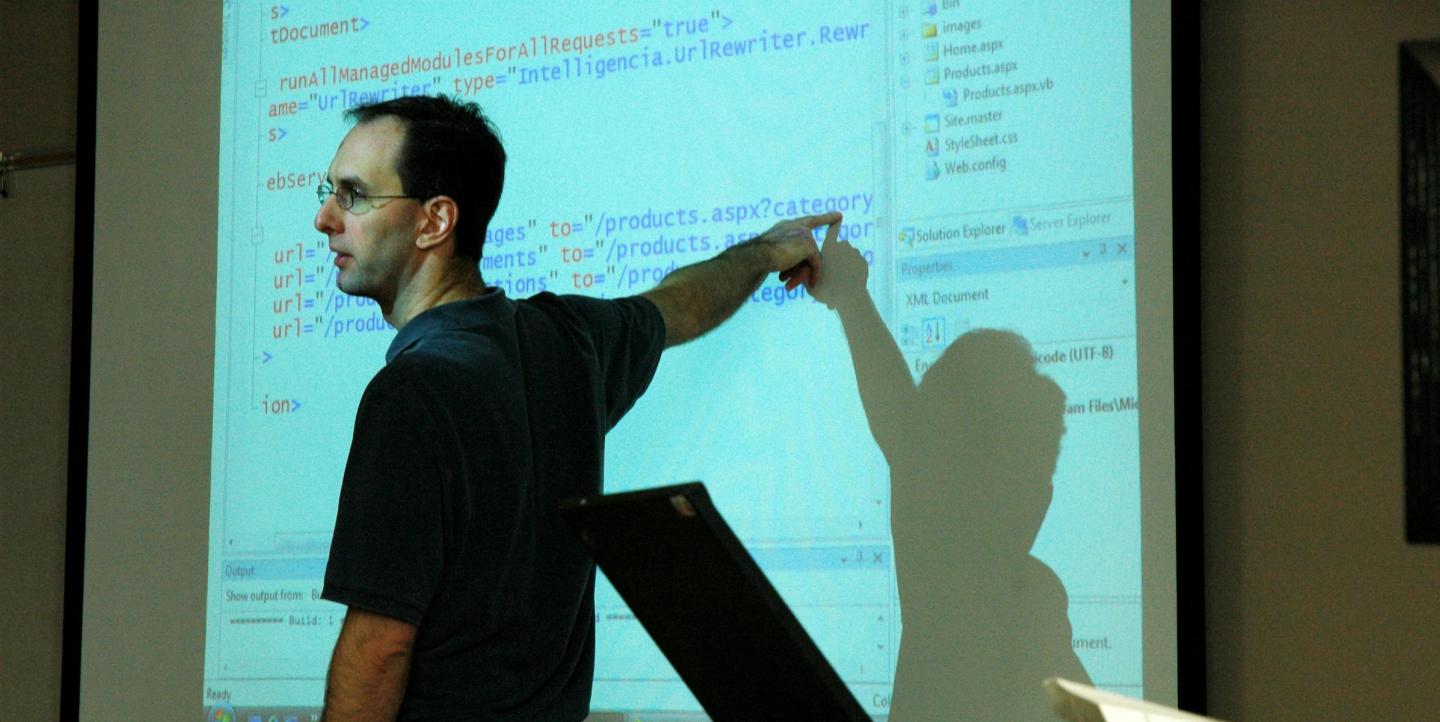This resource is part of our Exiled Media Toolkit, produced in partnership with the Network of Exiled Media Outlets (NEMO), and with the generous support of the Joyce Barnathan Emergency Fund for Journalists.
In an era when traditional journalism revenues are dwindling, many exiled media outlets are rediscovering the pedagogical power of their craft — and transforming it into educational products with financial potential. Outlets like Efecto Cocuyo, El Pitazo, and El Toque are among those tapping into training programs, educational partnerships, thematic workshops, and capacity-building as meaningful avenues for income and impact.
Efecto Cocuyo: Civic education as a strategic pillar
Efecto Cocuyo, an independent Venezuelan outlet, has successfully developed a portfolio of civic education programs and thematic schools. Through partnerships with universities and organizations like the Global Observatory of Communication and Democracy, they’ve offered training on topics such as disinformation, civil rights, gender, and election coverage.
Among their flagship initiatives are the Cocuyo School, focused on disinformation and electoral journalism, and the 2019 Cocuyo Festival, organized with support from DW Akademie and the German Embassy in Caracas.
As Danisbel Gómez Morillo, director of strategy at Efecto Cocuyo, explained: “An educational alliance is a pillar that brings revenue — and it also builds networks of people who might later work with you or contribute to the broader ecosystem.”
El Pitazo: Empowering citizen journalists
Since 2016, El Pitazo, also based in Venezuela, has prioritized grassroots training for “infociudadanos” (citizen reporters) as a core strategy to counter censorship. These workshops provide everyday citizens with basic skills to gather and share information, and many trainees have gone on to contribute content from hard-to-access or censored regions.
While participants don’t pay for the workshops, they are made possible through partnerships with donor organizations that understand the value of empowering citizens in repressive environments.
“The citizen reporters have been crucial to us [...] they’ve supported electoral coverage, investigations, even helped us win awards like the Ortega y Gasset Prize,” said newsroom director, César Batiz.
El Pitazo has also innovated with foro-chats — structured WhatsApp conversations sold to partner organizations as tools for outreach and engagement. These formats emerged in response to domain blockages and show that even under extreme censorship, there’s room for pedagogical innovation — and monetization.
El Toque: Capacity-building for creators
Cuban outlet El Toque has also embraced education as a legitimate income stream. Through its institutional arm, Mas Voces Foundation, the team has designed training programs not just for independent Cuban media, but also for digital creators like YouTubers and podcasters.
One such initiative, Acelérate, ran for two years and trained content creators on video and podcast production, while also helping them develop sustainable business models around passion-driven projects.
This model becomes financially viable when a donor organization provides support for capacity-building in authoritarian media ecosystems. The training itself becomes a mission-aligned service, both impactful and fundable.
Shared lessons and strategic value
For these three outlets, educational services offer more than just revenue; they build networks, strengthen credibility, and reinforce community. Training becomes a strategic, ethical form of financial diversification.
But it’s not a quick fix. To succeed, the model requires interdisciplinary collaboration: journalists must work alongside educators, researchers, and civic actors. Partnerships with universities and NGOs are key to securing resources, legitimacy, and access to learners.
Key challenges in building an educational revenue model
High operational load
Designing, selling, coordinating, and executing training programs demands added structure. Without a dedicated team, the editorial staff may become overstretched.
Blurring of impact and profit
Many training initiatives begin as public service missions. Turning them into paid offerings requires a mindset shift — and a commercial strategy.
Interdisciplinary demands
Effective pedagogy requires more than journalistic expertise. It calls for educators, sociologists, and facilitators. Being a great journalist doesn’t automatically mean you’re ready to teach.
Educational products — courses, thematic schools, workshops, festivals — can serve as a powerful bridge between sustainability and mission. But they are not a magic solution. They demand careful planning, thoughtful delegation, parallel structures, and openness to disciplines beyond journalism. When balanced well, training evolves from a side project into a foundational pillar
Photo by Wonderlane on Unsplash.
Nieves created this resource as part of his ICFJ Knight Fellowship.

